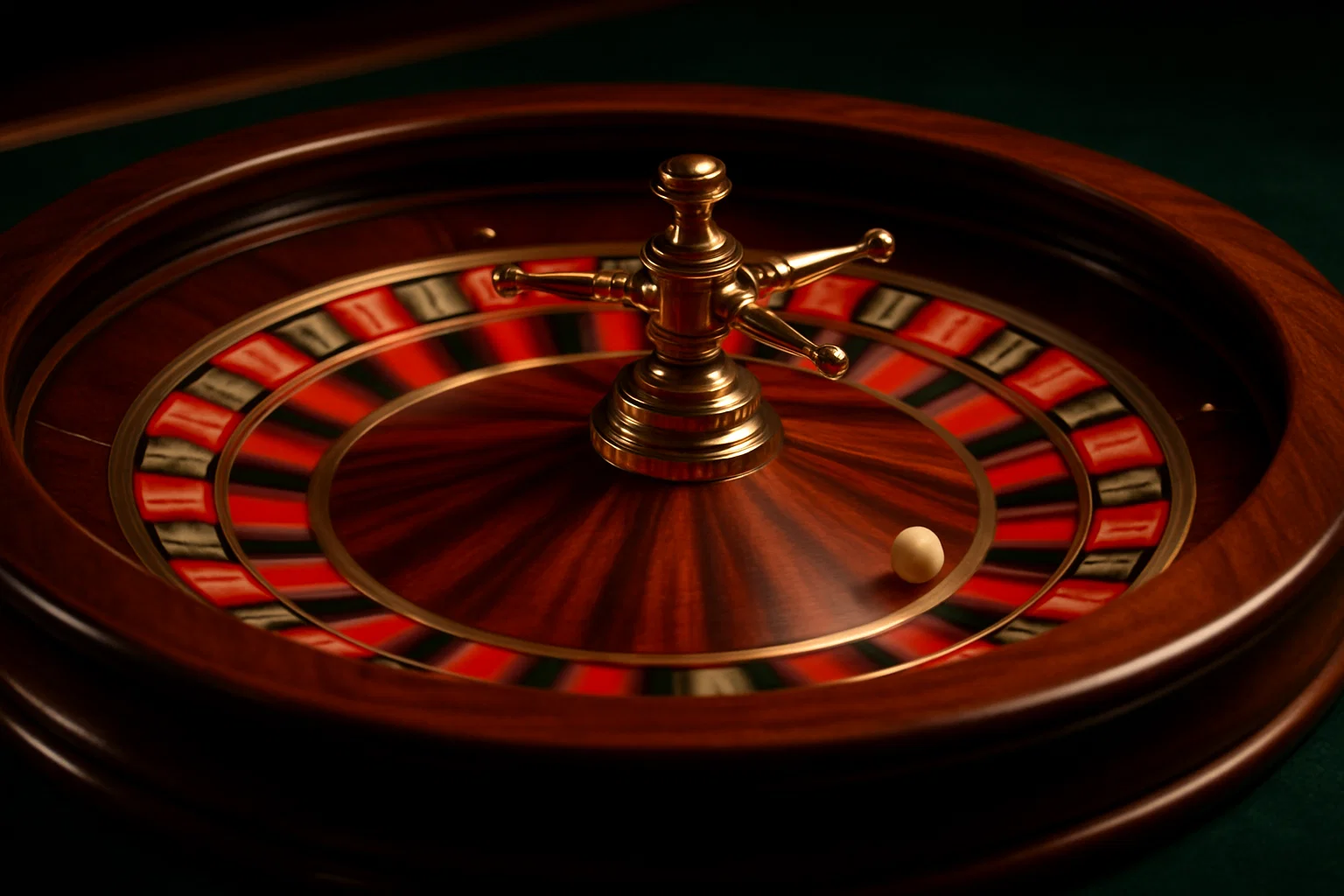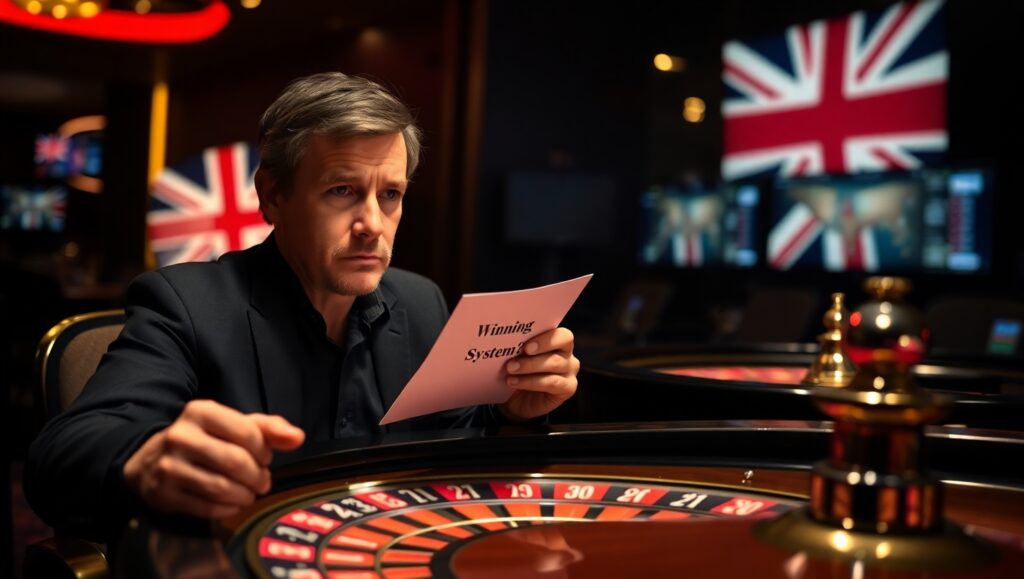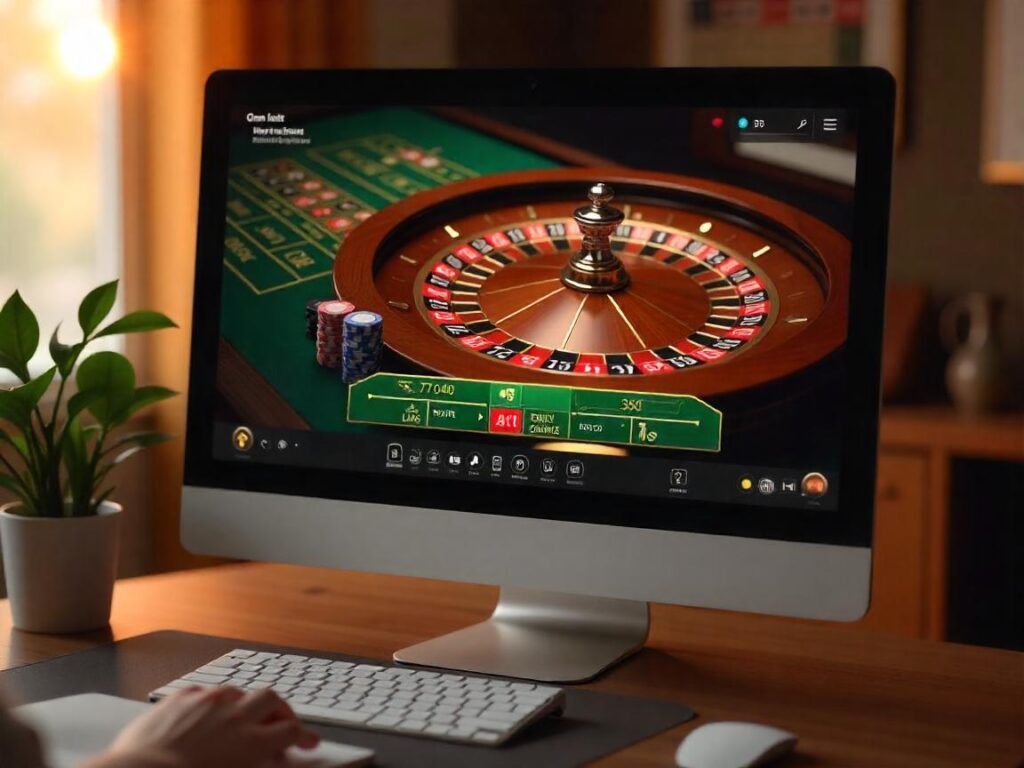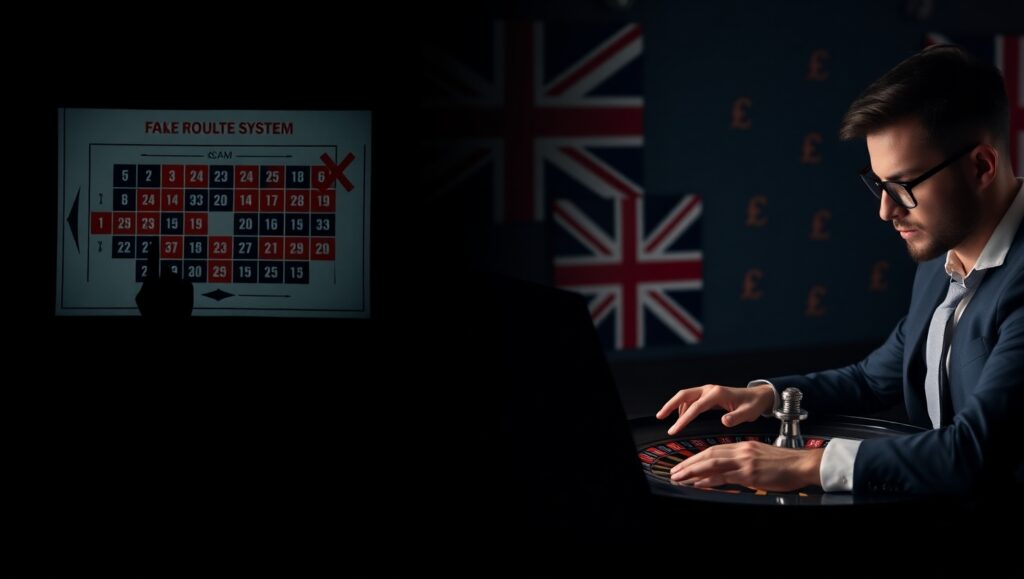
Roulette captivates UK players with its spinning wheel and promise of excitement. From high-street casinos to online platforms, it’s a staple in British gambling culture. Yet, systems like Martingale, Paroli, and D’Alembert spark heated debates. Are they clever strategies or deceptive traps? Players often chase the dream of outsmarting the house, but myths about “guaranteed wins” persist. This article dives into the mechanics of roulette systems, backed by UK expert opinions, casino data, player reviews, and hard statistics. We’ll explore whether these systems hold up or crumble under scrutiny, ensuring you play smarter and safer.
Our analysis draws from trusted sources like the UK Gambling Commission (UKGC), eCOGRA, and casino aggregators such as AskGamblers and Casino.org. Expect clear insights, no fluff, and practical advice for navigating roulette in UK-licensed casinos.
What Are Roulette Systems

Roulette systems are structured betting approaches designed to manage wagers and, in theory, boost your chances of profit. Popular in the UK, they range from simple to complex, each with its own logic and allure. Here’s a rundown of the most common ones:
- Martingale: Double your bet after every loss to recover losses with one win. For example, lose £10 on red, bet £20 next spin. Win, and you’re back in profit.
- Paroli: Double your bet after a win to ride winning streaks. Lose, and return to your base bet. It’s less aggressive, banking on hot runs.
- D’Alembert: Increase your bet by one unit after a loss, decrease by one after a win. It’s slower, aiming to balance wins and losses.
- Fibonacci: Bet based on the Fibonacci sequence (1, 1, 2, 3, 5, etc.). After a loss, move to the next number; after a win, step back two.
These systems date back centuries, with Martingale tracing to 18th-century France. Their popularity in the UK stems from online casino growth and forums like Reddit, where players share tales of success or woe. But there’s a catch: many websites hype systems as foolproof, claiming they exploit casino “flaws.” This is a red flag. As noted by roulettestrategy.net, such claims often lure players to dodgy casinos, a tactic the UKGC warns against.
The truth? No system overcomes the house edge—2.7% in European roulette, 5.26% in American. Each spin is independent, thanks to Random Number Generators (RNGs) in online games or physical wheel mechanics in live casinos. Systems add structure, not magic.
Table 1: Comparison of Popular Roulette Systems
| System | Principle | Risks | Example Scenario |
|---|---|---|---|
| Martingale | Double bet after loss | Rapid bankroll depletion | 5 losses: £10 → £320 bet |
| Paroli | Double bet after win | Relies on winning streaks | 3 wins: £10 → £80 profit |
| D’Alembert | Adjust bet by one unit | Slow losses, modest wins | 5 spins: £10 ± £5 net loss/gain |
| Fibonacci | Bet by sequence | Escalating bets, slow recovery | 4 losses: £10 → £50 bet |
The Maths Behind Roulette: Why Systems Don’t Beat the House
Roulette’s allure lies in its simplicity, but its maths are unforgiving. The house edge ensures casinos profit over time. In European roulette, with 37 pockets (1–36 plus 0), the house edge is 2.7%. Bet on red, and your odds aren’t 50/50 but 48.65%, thanks to the green zero. American roulette, with an extra 00, hikes the edge to 5.26%.
Systems like Martingale assume you’ll eventually win to recover losses. But long losing streaks are more common than you’d think. According to probability data, the chance of 10 consecutive losses on an even-money bet (e.g., red/black) is roughly 1 in 784. For Martingale, that’s a £5,110 bet after nine losses starting at £5—beyond most players’ budgets and table limits (often £500–£1,000 in UK casinos).

Online roulette uses RNGs, certified by auditors like eCOGRA, ensuring each spin is random and untampered. Live dealer games from providers like Evolution Gaming add transparency, with real wheels and croupiers streamed in HD. The UKGC mandates strict testing, and rogue casinos face hefty fines or license loss. As PlayOJO’s Dan Grant notes, “Casinos don’t need to rig games—the house edge is enough.”
Table 2: Probability of Losing Streaks in Roulette
| Spins | Probability of Loss (Even-Money Bet) | Martingale Bet (£5 Start) |
|---|---|---|
| 5 | 1 in 24 | £160 |
| 10 | 1 in 784 | £5,110 |
| 15 | 1 in 25,536 | £163,840 |
Source: Calculated using European roulette odds (48.65% win probability per spin).
Player review (Reddit, 2024): “Tried Martingale on a £10 table. Hit a 7-spin losing streak and was out £640. Table limit stopped me doubling further. Never again.” This echoes a GamCare report citing roulette as a top cause of gambling harm in the UK, with 12% of 2024 helpline calls tied to table games.
UK Experts Weigh In: Systems Under Scrutiny

UK gambling experts are unanimous: roulette systems don’t beat the odds. Lucie, a content specialist at Racing Post, advises, “Stick to UKGC-licensed casinos with certified RNGs. Systems are fun but can’t outsmart maths.” Dan Grant, writing for PlayOJO, adds, “Systems are legal but not profitable. Casinos love players using them—they’re betting against the house edge.”
The UKGC, the gold standard in regulation, enforces fairness through regular audits. eCOGRA and iTech Labs test RNGs, ensuring outcomes are random. In 2024, UKGC fined two operators £1.3m for RNG certification lapses, proving oversight is tight. Aggregators like AskGamblers and Casino.org rate casinos based on licensing, game variety, and player feedback. Their data shows BetMGM, PlayOJO, and Grand Ivy as top UK roulette sites, offering 20–50+ RNG and live tables with RTPs of 97.3% (European roulette).
Evolution Gaming, a leading live roulette provider, emphasises transparency. Their Lightning Roulette, popular in the UK, uses certified RNGs for multipliers, audited by eCOGRA. A spokesperson stated, “Our games are built on trust. Rigging would ruin us.”
Table 3: Top 5 UK Casinos for Roulette (2025)
| Casino | License | RTP (European Roulette) | Welcome Bonus | Player Rating (AskGamblers) |
|---|---|---|---|---|
| BetMGM | UKGC | 97.3% | 100% up to £200 | 8.7/10 |
| PlayOJO | UKGC | 97.3% | 50 Free Spins | 9.1/10 |
| Grand Ivy | UKGC | 97.3% | 150% up to £300 | 8.4/10 |
| All British | UKGC | 97.3% | 100% up to £100 | 8.9/10 |
| LeoVegas | UKGC | 97.3% | Up to £100 + 50 Spins | 9.0/10 |
Source: AskGamblers, Casino.org, 2025 data.
Player Experiences: Lessons from the Wheel
UK players share mixed stories about roulette systems. On Reddit, user u/SpinKing92 (2024) described using Paroli for fun: “Won £50 on a £10 base bet after three reds in a row. Kept it light, didn’t chase.” Conversely, a GamCare case study detailed a player losing £2,000 in one session with Martingale, hitting a table limit after eight losses. “I thought I’d recover. Instead, I spiralled,” they said.
These stories highlight psychology’s role. The “gambler’s fallacy”—believing a red is “due” after black hits five times—fuels risky bets. Systems exploit this, offering false control. As Casino.org’s Hannah Cutajar notes, “Roulette is chance. Systems make you feel strategic, but the wheel doesn’t care.”
For fun, systems can add structure. A Casinomeister user (2023) shared, “I use D’Alembert on low stakes. Keeps me engaged without breaking the bank.” But chasing profits often ends in regret.
Risks and Responsible Play: A Better Approach

Roulette systems carry real risks. Martingale’s escalating bets can wipe out budgets fast—£640 after seven losses starting at £10. Table limits (e.g., £500 at BetMGM) cap doubling, killing the strategy. Paroli and Fibonacci rely on streaks, which RNGs don’t guarantee. GamCare’s 2024 data shows a 15% rise in roulette-related harm reports, with systems often cited.
Instead of systems, try these alternatives:
- Choose European Roulette: 2.7% house edge vs. 5.26% for American. Available at PlayOJO, LeoVegas.
- Low Stakes: Bet £0.10–£5 for longer play. Grand Ivy offers £0.10 minimums.
- Use Bonuses Wisely: PlayOJO’s 50 free spins (no wagering) let you test roulette risk-free. Check terms, as roulette often contributes 10% to wagering requirements.
Responsible gambling is key. Set a £50 budget, play 30-minute sessions, and never chase losses. BeGambleAware and GamCare offer tools like deposit limits and self-exclusion. As the UKGC advises, “Gamble for fun, not to make money.”
Table 4: Choosing the Right Roulette Game
| Roulette Type | House Edge | Min Bet | Recommended Casino |
|---|---|---|---|
| European | 2.7% | £0.10 | PlayOJO |
| French | 1.35% | £0.50 | LeoVegas |
| American | 5.26% | £0.20 | BetMGM |
| Lightning | 2.7% | £0.20 | Grand Ivy |
Entertainment, Not Earnings
Roulette systems aren’t scams—they’re legal, structured ways to bet. But they’re not smart play either. The house edge, RNG randomness, and probability ensure casinos win long-term. UK experts like Dan Grant and Lucie stress fun over profit. Players confirm systems can entertain but often burn budgets when chased for gains. Stick to UKGC-licensed casinos like BetMGM or PlayOJO, opt for European roulette, and set strict limits.
Want to try roulette? Test demo modes at Grand Ivy or claim PlayOJO’s no-wagering spins. Share your experiences below—have systems worked for you, or are they overhyped? Play responsibly, and let the wheel spin for fun, not fortune.